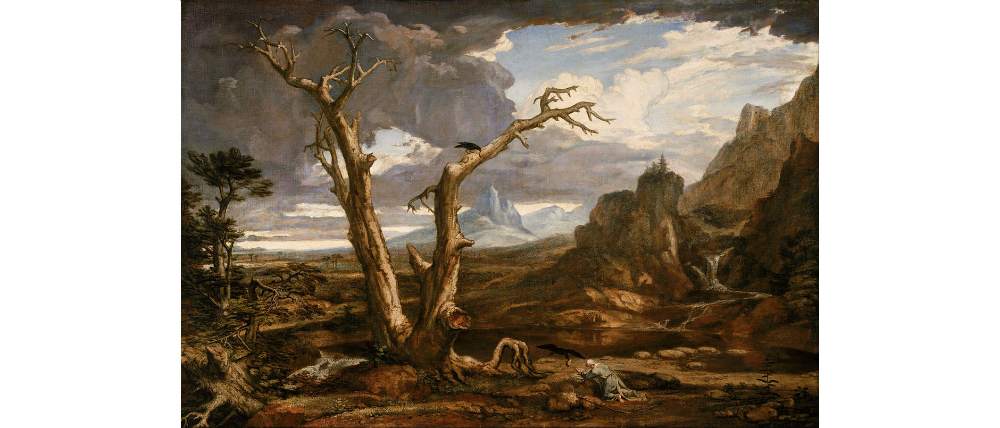The text which we will look at after reviewing the place of Mopsik’s work in the history of the Kabbalah is here: Mopsik Sex of the Soul pp 46-52
Ruach HaYam Facebook Subscribe to newsletter
Ruach HaYam Workshop at Congregation Eitz Chayim, Cambridge, MA
June 22, 2017. See end of post for logistics.
This study is led by Penina Weinberg.
We will dip one toenail into Charles Mopsik’s book: Sex of the Soul: The Vicissitudes of Sexual Difference in the Kabbalah. Mopsik was a modern scholar of Kabbalah. With him we will re-visit the creation of humans in the image of God and explore what it means, according to the kabbalists, for the soul to be both male and female in every human. This will not be a study in depth, but will open a tiny peep hole into an amazing world of thought. Mopsik warns us that we cannot pull this knowledge into modern reality, but it will illuminate our own thinking on the questions of gender.
“Clearly it is out of the question to draw a direct lesson from these classic texts and apply them to modern reality… Nevertheless, even though there is no way of equating them, the parallels are thought-provoking and can guide attempts to find solutions to the problems raised… The religious recognition and acceptance of polymorphism in human sexual identity, bisexuality, the acknowledgement of a gulf between external gender and ontological real gender, the existence of parents who are basically of the same gender, and a complex economy of desire differing vastly from so-called natural instinct, all demonstrate the flexibility of kabbalistic mystical belief as it attempted to grapple with the infinite variety of human existence.”
- Ruach HaYam study sessions provide a queer Jewish look at text, but are open to any learning or faith background and friendly to beginners.
- Study starts promptly at 7:15 pm. However we open the doors at 6:45 for schmoozing. Feel free to bring your own veggie snack for the early part.
- A parking consideration is in effect for the three blocks around EC during all regularly scheduled events. It’s a good idea to put a note in the windshield that you are attending an event at EC.
- Accessibility information: all gender/accessible bathrooms, entry ramp.
Penina Weinberg is an independent Hebrew bible scholar whose study and teaching focus on the intersection of power, politics and gender in the Hebrew Bible. She has run workshops for Nehirim and Keshet and has been teaching Hebrew bible for 10 years. She has written in Tikkun, founded the group Ruach HaYam and is president emerita and chair of various committees in her synagogue. Penina is a mother and grandmother.

